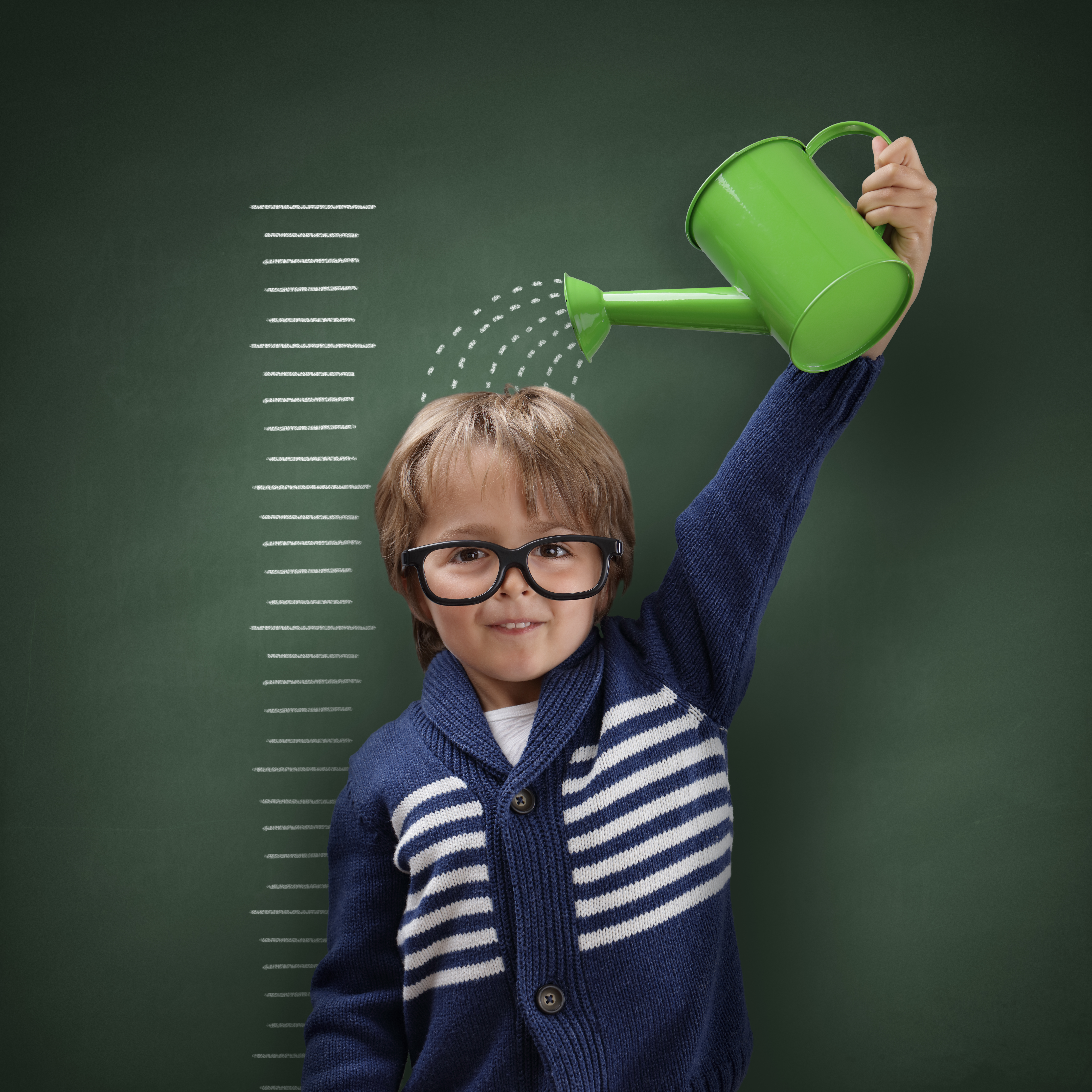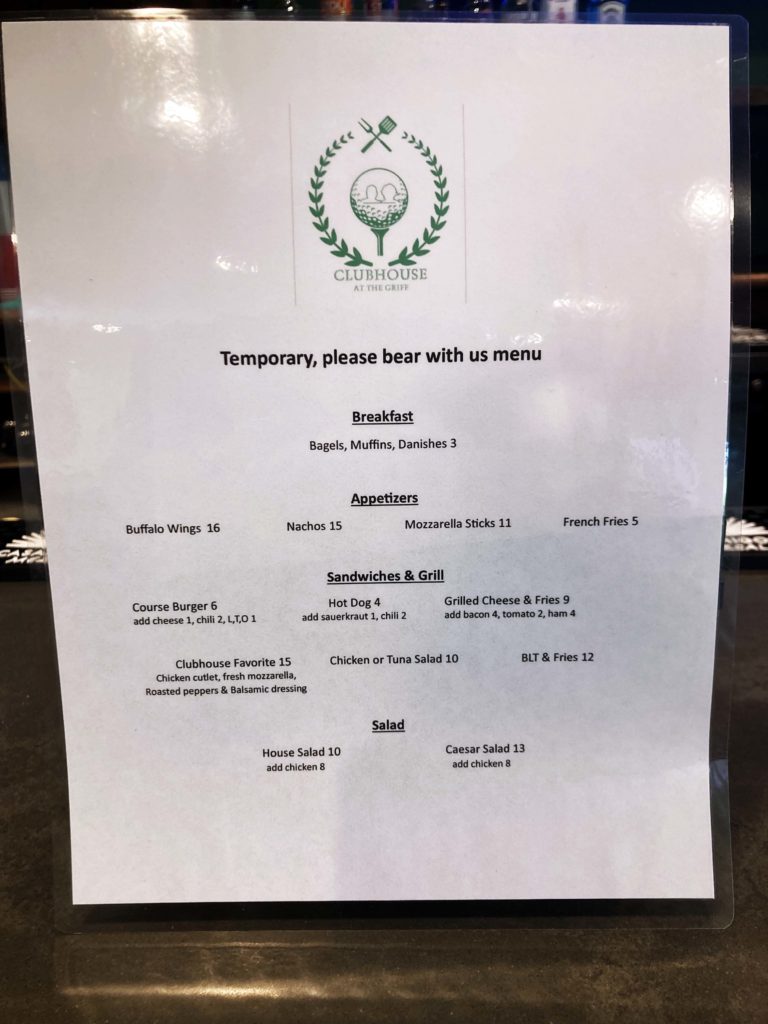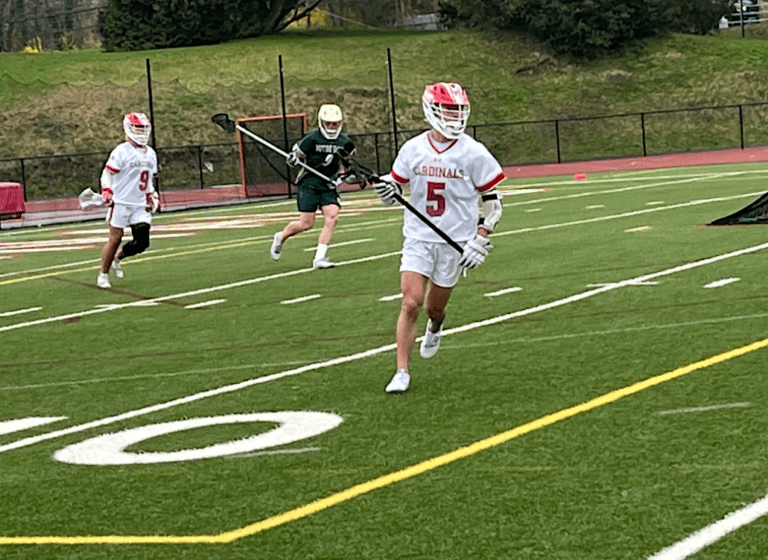

By: Catherine Neiswonger
We are all products of our families. I have my grandmother’s fine hair, and I have the same eyes and nose as my mother. But there is so much more to who I am because of my upbringing. You can see it in subtle things like foods I like or phrases that I use to describe things and more significantly in my attitudes towards work, family, religion, and (dare I say) politics. There is much to be said about who I am because of what nature gave me vs. who I became because of the environment where I grew up.
Both “Nature” and “Nurture” impact a child’s development, and it is not an all or nothing argument. I think Erickson’s psychosocial development stages are interesting perspective on how the balance between nature and nurture impacts the people we become. His theory is that everyone’s personalities develop in a predetermined order (nature), affected positively and negatively by our social interactions (nurture). He refers to it as a “psychosocial crisis” (psycho: nature/social: nurture). This “crisis” is a turning point where a basic virtue is developed or not.
The very first stage is trust vs. mistrust. This fundamental stage of development happens during infancy (0-18 months). Newborns are in an entirely dependent state and rely on parents and caregivers to respond to their needs. Appropriate and consistent responses teach a child that there will be someone there who will support them. If they don’t get responses or responses are inconsistent or unpredictable, they can become fearful and anxious because they can’t trust how or when someone might respond. Trust allows children to form positive attachments to parents and caregivers and later in life as adults.
While this is a significant developmental milestone, I don’t think it is a one and done situation. I believe we revisit this “crisis” over and over again in life. Consider a child who enters a new classroom, a big beautiful new world. They are nervous and uncomfortable with unmet needs. A well-trained teacher recognizes this, gets down on their level, and assures them it is “okay.” They provide verbal and nonverbal feedback throughout the day that is consistent and is a virtual “thumbs up” until the child’s comfort level increases. The child develops trust in the environment, the teacher, and in their ability to navigate school.
Adults revisit this crisis when we head off to college, we move to a new town, take new jobs, and try to learn a new skill. There are so many situations where we are uncertain about what will happen next, and we look for someone to provide us with consistent, reliable, and predictable responses. We begin to trust those new set of circumstances and people.
Our nurture should not displace nature. Parents and educators need to seek out ways of nurturing a child’s natural dispositions. A passive or cautious child may need time to warm up to situations and watch play happen before they join in. They need to be allowed to be an observer. An indecisive child may need expressly limited choices, i.e., instead of “what kind of ice cream would you like?” try “Would you like chocolate or vanilla ice cream?” Parents and teachers need to give a child tools to help them feel good about who they are naturally.
Introversion, stress tolerance, slow to warm are natural dispositions. Still, we can provide children with tools to work with innate traits that allow them to develop a sense of autonomy. Over time, they develop a barometer that will enable them to know when it is okay to go beyond and trust that they can handle the experience.
The basic virtue of HOPE is the result of the trust vs. mistrust psychosocial crisis. Erikson described HOPE as “an openness to experience tempered by some wariness that danger may be present.”
It is a balance we can help refine by providing consistent, reliable, and predictable circumstances into a child’s world.




